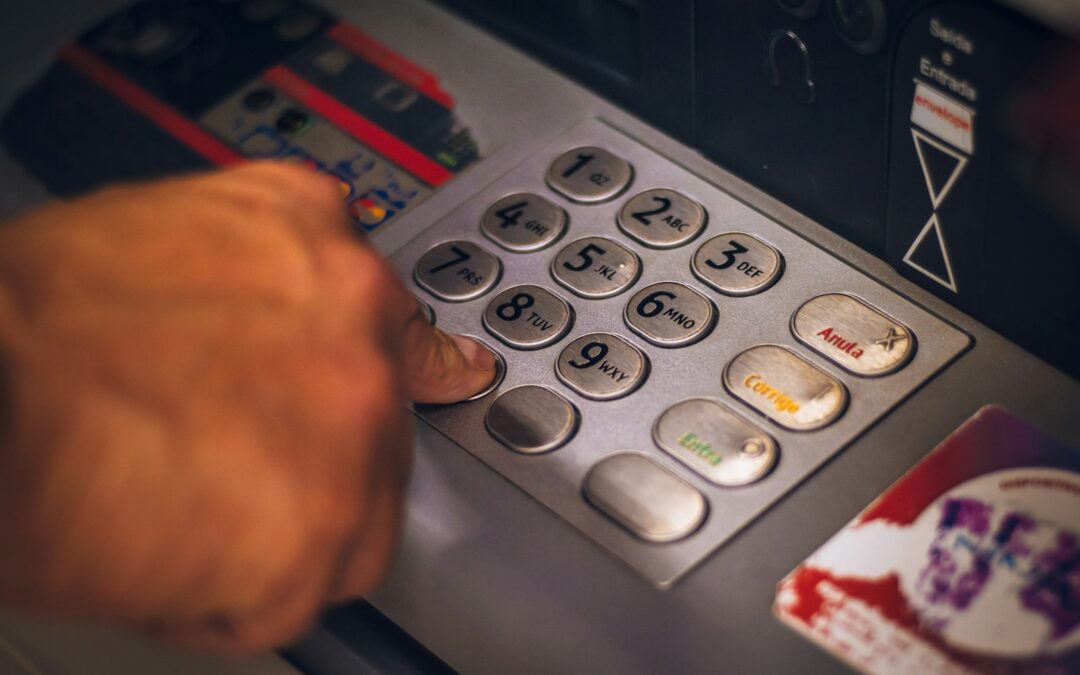Challenges in Regulating Decentralized Finance
Understanding the Rise of Decentralized Finance
The challenges of regulating decentralized finance (DeFi) platforms stem from their inherent nature: a decentralized and often pseudonymous ecosystem. DeFi has gained significant traction worldwide, including in regions like Saudi Arabia and the UAE, due to its promise of democratizing financial services and enabling peer-to-peer transactions without intermediaries. However, the same characteristics that make DeFi appealing also pose substantial regulatory challenges.
In Saudi Arabia, financial regulators are keenly aware of both the opportunities and risks presented by DeFi. The Saudi Arabian Monetary Authority (SAMA) is exploring ways to integrate DeFi innovations into the financial ecosystem while ensuring robust oversight. This balance is crucial, as DeFi can potentially enhance financial inclusion and innovation in line with Vision 2030. Yet, the decentralized nature of DeFi platforms makes it difficult for regulators to monitor transactions, enforce compliance, and prevent illicit activities.
Similarly, in the UAE, regulators are grappling with the challenge of overseeing DeFi platforms. The Dubai Financial Services Authority (DFSA) and the Abu Dhabi Global Market (ADGM) are working towards frameworks that can accommodate the rapid growth of DeFi while maintaining the integrity of the financial system. These efforts are part of a broader strategy to position the UAE as a global fintech hub. However, the lack of centralized control in DeFi poses unique challenges for regulatory compliance and enforcement.
Key Challenges in DeFi Regulation
Regulating DeFi platforms involves several key challenges that require innovative approaches. One of the primary challenges is the pseudonymous nature of transactions on DeFi platforms. Unlike traditional financial systems where user identities are verified, DeFi transactions often occur between addresses without explicit identification. This anonymity makes it difficult for regulators to trace illicit activities such as money laundering and terrorist financing.
Another significant challenge is the cross-border nature of DeFi transactions. DeFi platforms operate on a global scale, often without regard for national borders. This transnational aspect complicates regulatory efforts, as different jurisdictions may have varying regulatory standards and enforcement capabilities. For business executives and entrepreneurs in regions like Riyadh and Dubai, navigating these complexities requires a deep understanding of both local and international regulatory environments.
Moreover, the rapid pace of innovation in the DeFi space presents a moving target for regulators. New DeFi products and services are being launched continuously, often outpacing the development of regulatory frameworks. This innovation is crucial for the growth and evolution of the DeFi ecosystem, but it also increases the risk of regulatory gaps and potential exploitation. Regulators must find ways to stay ahead of these developments without stifling the creativity and progress that drive DeFi’s appeal.
Strategies for Effective DeFi Regulation
To address these challenges, regulators in Saudi Arabia, the UAE, and globally must adopt strategies that ensure compliance while fostering innovation. One effective approach is the implementation of robust Know Your Customer (KYC) and Anti-Money Laundering (AML) protocols. By requiring DeFi platforms to integrate KYC and AML measures, regulators can enhance transparency and reduce the risk of illicit activities. These protocols can be enforced through smart contracts, ensuring that compliance is built into the DeFi ecosystem itself.
Another strategy is the development of collaborative regulatory frameworks. Given the cross-border nature of DeFi, international cooperation is essential. Regulators in Saudi Arabia and the UAE can work with their counterparts in other countries to establish harmonized standards and shared enforcement mechanisms. This collaboration can help create a more cohesive regulatory environment that supports the growth of DeFi while mitigating risks.
Furthermore, leveraging advanced technologies such as artificial intelligence (AI) and blockchain analytics can enhance regulatory oversight. AI-powered tools can analyze vast amounts of transaction data to detect suspicious patterns and activities in real-time. Blockchain analytics platforms can provide insights into transaction flows and identify potential compliance issues. By integrating these technologies, regulators can improve their ability to monitor DeFi activities and enforce compliance effectively.
The Role of Leadership in Navigating DeFi Regulation
Effective leadership and management are crucial for navigating the regulatory landscape of DeFi. Leaders in the financial and technology sectors must be proactive in understanding the implications of DeFi and engaging with regulators to shape the future of financial innovation. This involves not only staying informed about regulatory developments but also actively participating in dialogues and consultations with regulatory bodies.
In Saudi Arabia and the UAE, leadership in DeFi regulation can set a precedent for other regions. By adopting a forward-thinking approach and embracing innovation, leaders can help create a regulatory framework that supports both compliance and growth. This includes fostering a culture of transparency and accountability within their organizations and promoting ethical practices in the DeFi space.
Moreover, effective project management is essential for implementing regulatory strategies in DeFi. This includes careful planning, resource allocation, and risk management. By adopting best practices in project management, organizations can ensure that their DeFi initiatives comply with regulatory requirements while driving innovation and achieving business success.
Conclusion: Balancing Compliance and Innovation in DeFi
The challenges of regulating decentralized finance (DeFi) platforms require a delicate balance between ensuring compliance and fostering innovation. In regions like Saudi Arabia and the UAE, where technological advancement is a key priority, regulators and industry leaders must work together to develop frameworks that address the unique characteristics of DeFi. By implementing robust KYC and AML protocols, fostering international collaboration, and leveraging advanced technologies, regulators can enhance oversight while supporting the growth of the DeFi ecosystem.
Effective leadership and management play a crucial role in navigating the regulatory landscape of DeFi. By staying informed, engaging with regulators, and adopting best practices in project management, leaders can help create a regulatory environment that promotes both compliance and innovation. As DeFi continues to evolve, embracing these strategies will be key to achieving business success and driving economic growth in Saudi Arabia and the UAE.
—
#RegulatingDeFi, #DecentralizedFinance, #Compliance, #Innovation, #Blockchain, #FinancialRegulation, #ModernTechnology, #BusinessSuccess, #LeadershipSkills, #ProjectManagement























